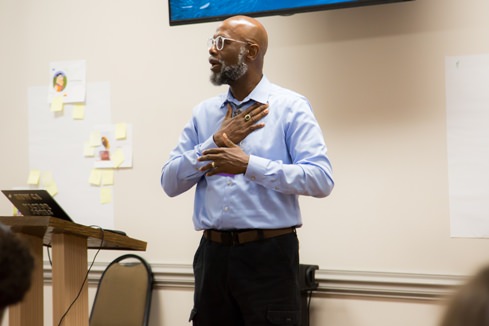Resources
Coming Soon in 2024…
We are building out a brand new resources blog. This exciting new feature will allow us to publish helpful public content that you can use and easily share. Keep checking back! In the mean time, you can take advantage of the resources below from other reputable organizations.
National Organizations & Resources
Alliance for the Advancement of Infant Mental Health
Georgetown University Center for Child and Human Development
Harvard University Center on the Developing Child (includes Resources in Spanish)
Heckman: The Economics of Human Potential
National Association for Education of Young Children
North Carolina Organizations & Resources
Frank Porter Graham Child Development Institute
North Carolina Institute of Medicine
North Carolina Preschool Development Grant (DCDEE)
Nurturing the Brain (NC Early Learning Network)
Pathways Actions / Initiatives Map (NC Early Childhood Foundation)
The Attachment Network of North Carolina
Think Babies NC (NC Early Education Coalition)
Resources by Topic
Advocacy/Policy
- A Decade of Science Informing Policy (article)
- Heckman: The Case for Investing in Disadvantaged Children (video)
- Infant and Early Childhood Mental Health Policy Series (resource list)
- NCIOM: Task Force on the Mental Health and Social Emotional Needs of Young Children and Their Families (report)
- Reframing Children’s Mental Health (toolkit)
- State of the Babies 2021 (report)
Adverse Experience, Toxic Stress & Trauma
- Adverse Childhood Experiences (ACES) Study (report)
- ACES: What We Know and What We Can Do (article)
- A Guide to Toxic Stress (articles, videos)
- Self-Regulation and Toxic Stress: Foundations for Understanding Self-Regulation from an Applied Developmental Perspective (article)
- Supporting Young Children Experiencing Separation and Trauma (resource list)
- What is Child Trauma? (website)
- What We Can Do About Toxic Stress (infographic)
Attachment & Early Relational Health
- From a Baby’s Point of View (video)
- Molly Wright: How Every Child Can Thrive By Five (video)
- Serve and Return (articles, videos)
Brain Development
- Brain Architecture (videos, articles)
- How Brains Are Built: Introducing the Brain Story (video)
- In Brief: Connecting the Brain to the Rest of the Body (article)
Covid-19
- Impact on Moms and Babies (website)
- Coronavirus Resources for Early Childhood Educators (resource list)
- Georgie and the Giant Germ (ebook)
- Resources for Supporting Children’s Emotional Well-being during the COVID-19 Pandemic (website, resource list)
- Stress, Resilience, and the Role of Science: Responding to the Coronavirus Pandemic (guide)
Infant & Early Childhood Mental Health (IECMH)
- Establishing a Level Foundation for Life: Mental Health Begins in Early Childhood (article)
- How to Talk About Infant and Early Childhood Mental Health (infographic)
- Infant Mental Health and Early Care and Education Providers (article)
- In Brief: Early Childhood Mental Health (videos, articles)
- NCIOM: Task Force on the Mental Health and Social Emotional Needs of Young Children and Their Families (report)
- The Basics of Infant and Early Childhood Mental Health: A Briefing Paper (article)
Reflective Supervision/Consultation
- Reflective Supervision/Consultation: Preventing Burnout, Boosting Effectiveness, and Renewing Purpose for Frontline Workers (eBook)
- Best Practice Guidelines for Reflective Supervision/Consultation (eBook)
- Guidelines for Beginning & Maintaining a Reflective Supervision/Consultation Relationship via Distance Technology (article)
- Using Secondary Traumatic Stress Scales Core Competencies in Trauma Informed Supervision (article)
Social Justice & Early Childhood



